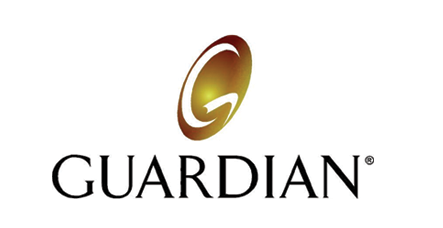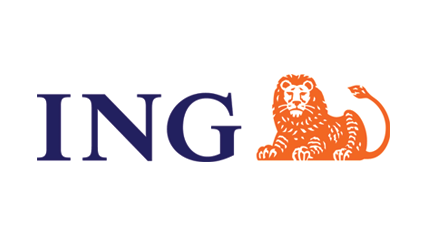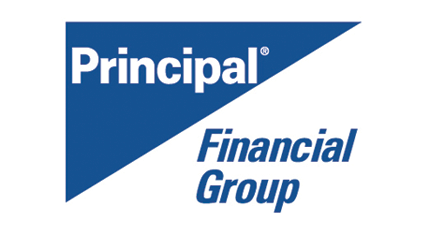Who can make sure you have the right kind of Life Insurance, so you can just enjoy life? we can
What is Life Insurance?
Life Insurance is simply a contract between you and an insurance company. The insurance company promises to pay a specified benefit when you die. Most people purchase Life Insurance for one or more of the following reasons.
- To make sure your spouse or dependents will have a source of income if you die prematurely
- To pay off remaining debt - whether personal or business
- To pay estate taxes
- To pay final expenses, such as your funeral and burial costs. Believe it or not, the average funeral cost is close to $10,000.
- To fund future generational needs
- For Charitable Contributions
Types of Life Insurance
There are several types of Life Insurance. They can generally be broken into two main categories:
- Term Life Insurance
- Permanent Life Insurance
Permanent Plans include:
- Whole Life Insurance
- Universal Life Insurance
- Variable Universal Life Insurance
Sounds simple enough, right? Well, it does get complicated when you try to figure out which type of Life Insurance is right for you. And that's why Mensh Insurance is here to help advise you. We can help you pick out the type of insurance that is right for you, your family and the amount you want to pay each month for your premium. Back to top
What is Term Life Insurance?
It's life insurance that you pay for over a specified length of time, or term - generally 10 to 30 years. The amount of the death benefit or face value can be selected to meet your needs. Premiums or payments - which can be the same amount or increase over time - must be made monthly, quarterly, semi-annually, or annually. If you die during the term of coverage, the face amount of your policy will be paid to your beneficiaries.
Why would I want it?
Because you want to ensure that your family will have what you're working so hard to provide - a home, a college education, the resources to live in comfort - should something happen to you. A term policy provides an excellent opportunity for you to do this - even if you're just starting out. Term Life Insurance policies can be attractive they usually offer lower premiums than other life insurance products with the same face value. This is mainly because they don't accumulate cash value. These plans can also provide you with room to grow.you can lock in all of the potential benefit that you might need in the future but at far lower current age rates. In addition, with good health, you will secure significant discounts fixed for the entire length of the term. Back to top
Whole Life Insurance
Whole Life Insurance is permanent life insurance that is designed to provide guaranteed premiums, guaranteed death benefit and cash accumulation. This is the oldest of the life insurance models and is typically used when individuals are more interested in the future value of the cash and potentially increasing the death benefit later in life.
Many people are less concerned with death benefit value today but will invest in Whole Life plans over many years to achieve success in the growth of both cash and death benefit. This type of insurance is also the most expensive form of Life Insurance due to the inherent guarantees in the contract.
Who needs this kind of life insurance? This type of life insurance may be attractive to you if:
- You have the cash flow to support the higher premiums needed to grow cash inside of the plan.
- You are mainly interested in the guaranteed cash accumulation and do not want any investment risk.
- If a business is required to fund a life insurance policy for a key person and they wish to help grow cash for retirement in the future.
Universal Life Insurance
The need for Life Insurance often can last a lifetime. A Universal Life policy provides permanent protection with the potential to accumulate cash values on a tax deferred basis. It also allows for someone to fix and guarantee their premiums and death benefit for a specified period of time. It can be designed to last for life or for a defined period such as ''To age 85, 90, or 95.'' This becomes kind of like a ''Term'' policy but works especially well for estate planning purposes and trust owned policies.
Here’s an example of where Universal Life works very well…
I have a single female client who is in good health at age 66. She has 2 grown children and 3 grandchildren. While she doesn’t have unlimited income and assets resources, she would like to leave something for her kids in the form of a life insurance benefit. So, we worked with her to determine a comfortable annual premium outlay based on income and helped her secure a Universal Life policy that would grow cash over time in the event she wanted to walk away from the policy or has a need to borrow some of the money for emergency purposes. With her children as primary beneficiaries and grandchildren as contingent beneficiaries, she was able to secure a policy that satisfied her desire to pass on more wealth to her heirs.
In this case, we used the Universal Life structure so that we can ensure that she doesn’t outlive her coverage as she could very well do with a defined Term Life plan.
Another great place to use Universal Life is when we insure a husband and wife under a Joint Survivorship plan. This type of coverage known as Survivorship or Second-to-die Life Insurance is used to help pay Estate tax. Policies are applied for and owned by Irrevocable Life Insurance Trusts (ILIT's) so that benefits are paid outside of the family estate and therefore, not taxed. The plans will pay the benefit upon the death of the second spouse. When an Insurance company looks at the life expectancy of two lives versus a single life, the odds show us that it will be further into the future before the company will have to pay benefits at the time of the second death, therefore, the cost of insurance becomes far lower than when insuring only 1 life.
So, since the idea is to have a benefit payable for heir and trustees to pay Estate tax, there is no need to grow cash. Therefore, we use Universal Life policies that provide fixed premiums and benefit amounts at lower cost (without cash accumulation options) to accomplish this goal. Back to top
Variable Life Insurance
Similar to Universal Life where we have moving internal parts based on market conditions, these types of plans use some of the premiums paid to fund the death benefit and expenses while other portions of premiums paid are directed by the insured into Separate Accounts. These Separate Accounts are stock market sensitive. Therefore, any review or discussion concerning these plans needs to take place with licensed securities professionals. Note that because this type of insurance is linked to the stock market, the death benefit and value of the investment can decrease in value. Back to top
Choosing a company
Mensh Insurance only represents A+ rated carriers or better. This means that the companies we bring to our clients have been successful for a long period of time and are positioned to be able to pay any claims at any point in the future. Since we have always remained independent, we bring all of the top rated carriers with the lowest possible pricing to our clients. Back to top















